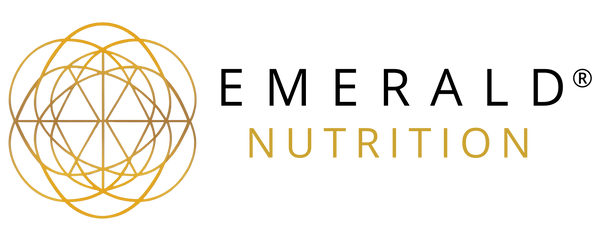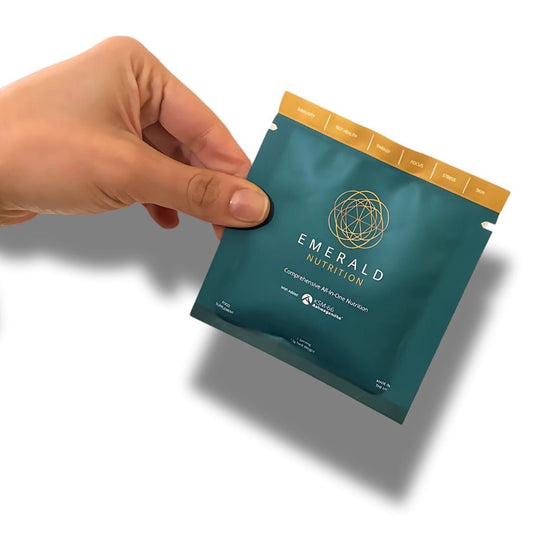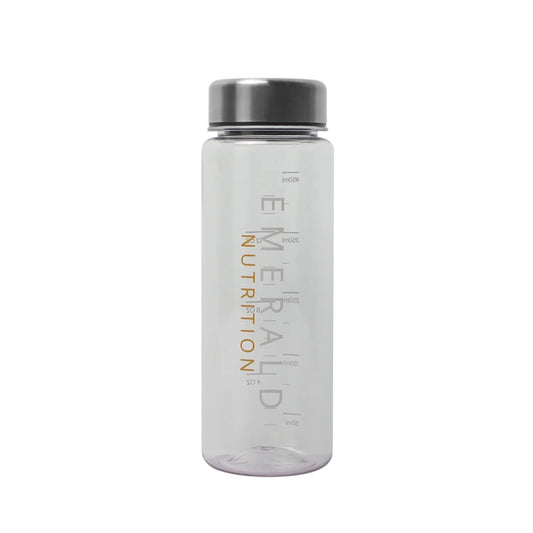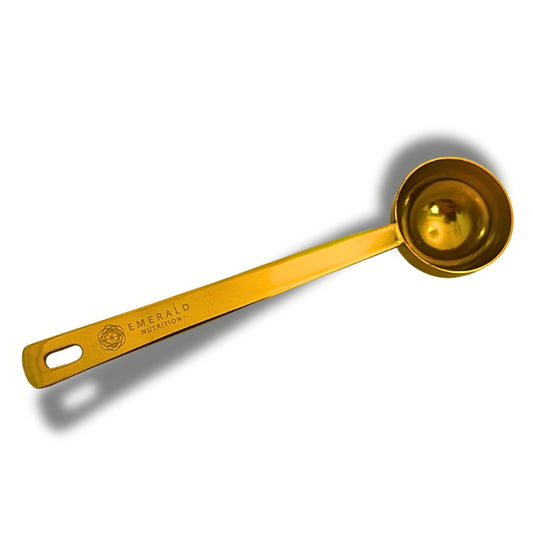
A Brief Guide to Good Sleep Hygiene
Julia BłoszykShare
We all have heard it’s recommended to get 7-9h of sleep every night – according to which we would spend 1/3 of our lives asleep.

But actually, why is it that we need sleep?
Sleep is one of our main physiological functions – it's needed for the body to undergo repair mechanisms and to maintain a normal brain function – be able to learn, create new memories, focus and respond quickly. Not getting enough sleep can in the long term affect all of our body systems – from negative cardiovascular effects, fatigue, impacted mental health, and moodiness to weakened immune and nervous systems – being more prone to infections, illnesses, anxiety, and chronic diseases, like type-2 diabetes and Alzheimer's disease.
Sleep consists of two main stages: non-REM (Rapid Eye Movement) sleep and REM sleep. While non-REM sleep is when our breathing slows down, body temperature drops and our brain waves are in the slowest, most peaceful state. It’s when our deep sleep and most of the repair in our bodies happen. Non-REM sleep is the most important for recovery, cognition and alertness. REM sleep is the phase of sleep when our bodies are in the closest to the wakefulness state - it is crucial for learning and memory – especially important in children. REM sleep is also it's when most of our dreaming happens – it is not 100% certain why we dream, however, it is hypothesized to be the body’s way of unloading what has happened in the day and processing our emotions. In other words – dreaming is a meditative state to unpack our thoughts.
Sleep has also got some anti-ageing benefits. As during sleep our bodies produce collagen and undergo a series of repair, restore and growth processes. Getting enough sleep can have a positive impact on one’s appearance – contributing to healthy hair and skin, preventing wrinkling and providing a youthful look.

We live in a busy, task-oriented society with sleep disorders (ranging from insomnia to early awakening, or waking up in the middle of the night and struggling to fall back asleep) affecting more than 30% of children and over 60% of young adults (UK). Additionally, nearly 1 in 5 adults is not getting enough sleep on an everyday basis.

So how can we build a good nighttime routine and maintain sleep hygiene?
Knowing from biology, all organisms work based on specific rhythms and cycles. As human beings, our physiology is adapted to the diurnal cycle – meaning we are the most active during the day to then wind down and relax for night time.
Sleep is controlled by our body according to two mechanisms: circadian rhythm and sleep drive. Circadian rhythm is based on an inner 24h clock regulated with the use of sunlight. Sleep drive is the chemical-based force based around adenosine – a chemical which builds up in the body the longer we are awake. As mentioned by Andrew Huberman in his podcast on sleep, the two ways we can aid our sleep are based on the two mechanisms mentioned above. There are a few small swaps we can implement in our daily routine in order to optimise our sleep at night and alertness during the day. These include:
- Viewing sunlight: getting outside first thing in the morning (within the first 1h upon waking) and viewing sunlight for 2-10min for receptors in our eyes to detect that it’s the start of the day. This sets off our cellular timer which in 12-14h will start the release of melatonin (our sleep hormone). Alternatively, we can get outside around sunset time – to signal to our bodies that nighttime is approaching and start releasing the sleep hormone.
As viewing sunlight can help to set our inner clock, it’s not quite the same with artificial light. On the contrary – too much artificial lighting can block the release of melatonin and push back our biological clock, making it more difficult to fall asleep.

- Food timing: eating within the first couple of hours upon waking can help to set our circadian clock. However, eating big, heavy meals can make us sluggish and sleepy.
- Caffeine intake: caffeine is an adenosine antagonist – preventing the action of adenosine (the chemical which builds up in the body the longer we are awake). Adequate timing of caffeine intake (90-120 minutes upon waking) can help us optimise alertness and prevent crashes during the day. Simultaneously, we want to stop caffeine intake at least 8 hours before going to bed, as not to disturb the function of melatonin.
- Temperature leveraging: as our body temperature is the highest upon waking and drops before night time, we can use a quick cold shower (1-3min) in the morning to wake us up and increase our alertness, or alternatively use a hot shower before bed can help to drop body temperature, which will signal to the brain it’s bedtime.

- Exercise: on a similar basis as temperature leverage, we can use light exercise first thing in the morning to increase our body temperature signaling to the brain it’s the beginning of the day – to allow it to set our biological clock. We also want to avoid intense exercise close to bedtime – not to interrupt the release of melatonin.
In Emerald Nutrition, we know how important of a role sleep plays in our everyday lives. This is why in our formula we use the highest quality botanicals including 300mg (12:1 extract) KSM-66 Ashwagandha, adaptogens, functional mushrooms and vitamins and minerals which help the body and mind unwind, have a good night's sleep, feel refreshed after waking and alert during the day.








